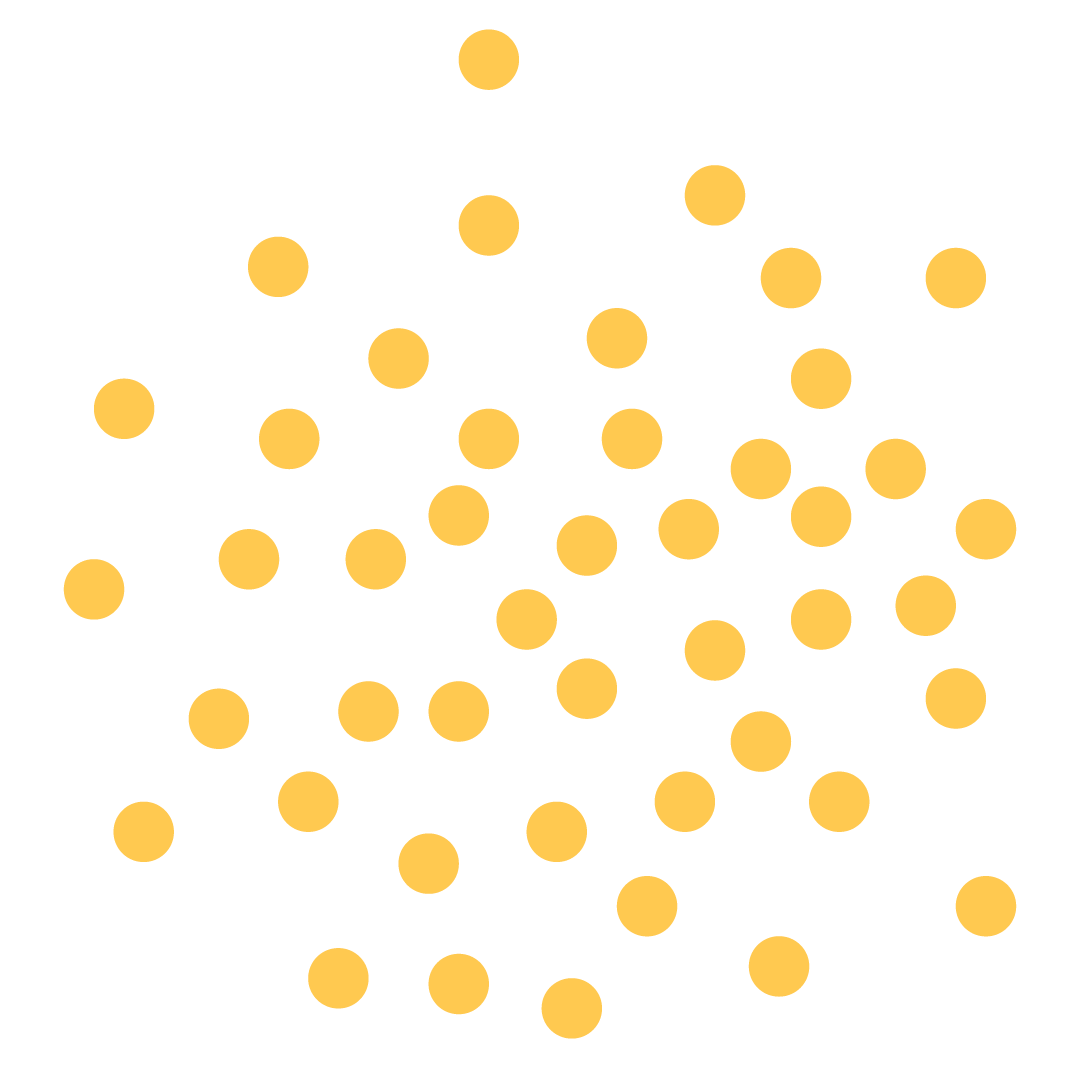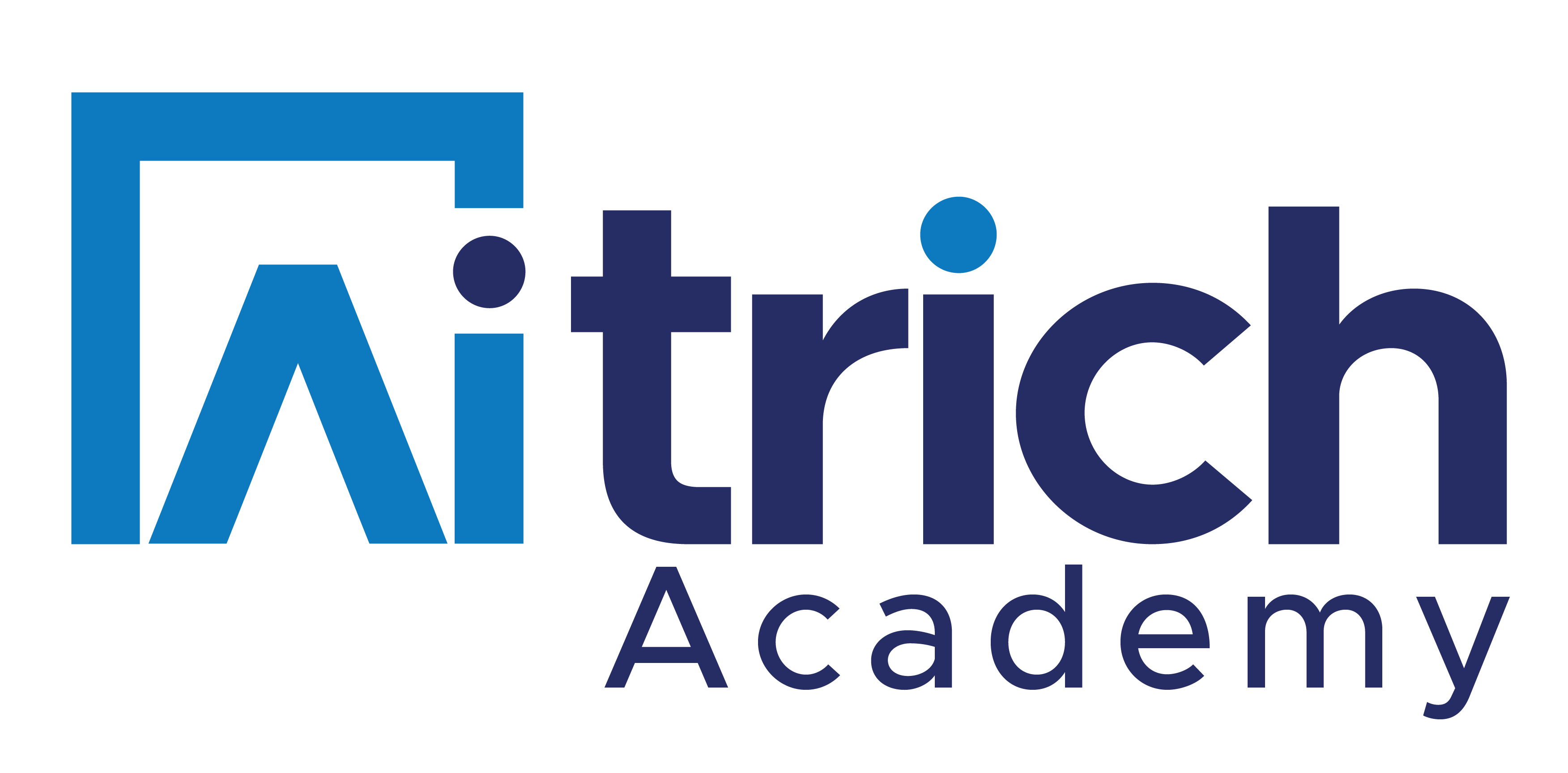Front-End Web Developer -Angular
Home > Training Programs > Front-End Web Developer – Angular
The front-End Web Developer Angular Training Program
Building a strong foundation for beginners and experienced programmers
In this comprehensive Front-End Developer-Angular training program, you will learn the key concepts and skills required to become a proficient Angular developer. You will start by understanding the basics of Single Page Applications (SPAs) and Angular, and then move on to more advanced topics such as components, directives, services, routing, forms, pipes, modules, animations, HTTP, and deployment. Additionally, you will learn how to set up your local environment, display data and handle events, work with observables and RxJS, perform CRUD operations, and create a backend API with Node.js and Express.
By the end of this training program, you will have a solid understanding of Angular and be able to build complex, scalable, and responsive web applications with ease.






Program Objectives
- Understand the fundamentals of Angular and Single Page Applications (SPAs)
- Build efficient and scalable web applications using Angular components, directives, services, routing, forms, pipes, and modules
- Work with animations, observables, and HTTP in Angular applications
- Develop backend APIs with Node.js and Express
- Set up a local environment for Angular development
- Display data and handle events in Angular applications
- Perform CRUD operations in Angular applications
- Deploy Angular applications to a production environment
- Utilize best practices in Angular development to ensure code efficiency, scalability, and maintainability
- Validate their skills and knowledge in Angular development through a certification upon completion of the program
Program Outline
- Overview of Single Page Applications (SPAs)
- What is Angular?
- Angular vs. other JavaScript frameworks
- Benefits of using Angular for building SPAs
- Setting up Angular development environment
- Installing and Setting up Node.js
- Installing and Setting up Angular CLI
- Creating a new Angular Project
- Running the Project
- What are modules?
- Creating and organizing modules
- Shared modules
- Lazy loading modules
- Introduction to Components
- Creating and using Components
- Communication between Components
- Component Lifecycle Hooks
- Introduction to Templates
- Interpolation and Property Binding
- Event Binding and Two-way Binding
- Template References and Template Variables
- Interpolation and Property Binding
- Event Binding
- Two-way Data Binding
- ngFor Directive
- ngIf Directive
- Introduction to Directives
- Types of Directives
- Creating Custom Directives
- What are pipes?
- Built-in pipes
- Custom pipes
- Async pipes
- What are services?
- Creating and using services
- Dependency injection
- Singleton services
- Service testing
- What is routing?
- Setting up routes
- Route parameters
- Child routes
- Guards
- Observables vs Promises
- Creating and Subscribing to an Observable
- Operators in RxJS
- Combining Multiple Observables
- HTTP Methods
- Angular HTTP Client
- Creating, Reading, Updating, and Deleting Data
- Creating forms
- Form validation
- Reactive forms
- Template-driven forms
- Handling form data
- Introduction to Internationalization
- Preparing the App for Internationalization
- Translating the App into Multiple Languages
- Localizing Dates, Numbers, and Currency
- Creating animations
- Animating component properties
- Keyframes and transitions
- Triggering animations
- Introduction to Angular Tools
- Debugging with Augury
- Code Analysis with TSLint
- Performance Optimization with Chrome DevTools
- Introduction to Testing
- Unit Testing using Jasmine and Karma
- Testing Components, Services and Pipes
- E2E Testing using Protractor
- Introduction to Best Practices
- Naming Conventions
- Folder Structure
- Component Design Patterns
- Code Reusability and Maintainability
- Preparing for deployment
- Building for production
- Deploying to a server
- Hosting options





Training Methodology
This program follows Aitrich Training Methodology(ATM), which is designed to provide a real-life software engineering experience to the students.
ATM is a specialized learning methodology that follows standard software engineering principles and practices as part of the whole learning process. It is based on a project-based, team-oriented, and instructor-led approach that emphasizes collaboration, problem-solving, and continuous improvement.
The entire program is designed around a software project that develops a real-life application and the whole batch of students are organized as the team members who develop the system. The team will follow agile methodologies such as SCRUM, and software engineering principles and practices as part of their daily tasks. As the program progresses towards the end, the project will be fully developed by the team members.
At the end of the program, the students will have all the skills of an experienced software engineer who can undertake serious software projects with a sense of ownership.
What other essential skills you earn from this program
Beyond Front-End Web Development
- Project-Based: This Training Program is conducted as a project-based program, allowing participants to apply what they have learned through hands-on experience with real-world projects. Participants will develop an end-to-end software project using all the topics they’re learning in the training incrementally.
- Agile Development Methodologies: The training program follows Agile development methodologies and uses SCRUM for project management and Kanban for tracking progress.
- Team-Oriented:The training program is designed to foster teamwork, collaboration, and communication among participants, mirroring real-world team environments.
- XP Practices:The training program emphasizes the use of Extreme Programming (XP) practices such as Test-Driven Development (TDD), Pair Programming, and Continuous Integration and Delivery.
- Domain-Driven Design: The training program covers the principles and practices of Domain-Driven Design (DDD), an approach to software development that focuses on the core domain and business logic of the application.
- Architecture and System Design: The training program covers the use of Unified Modeling Language (UML) and other tools for architecture and system design, helping participants develop a deeper understanding of how to design and develop high-quality, scalable software systems.
- Software Engineering Tools: The training program leverages the power of professional software development tools such as Git for Source Control, Trello for Task Management and Jira for Issue Tracking. This will allow the students to get familiar with these essential tools for standard software engineering in professional organizations.





pre-requisites and program duration
The participants are expected to have a good understanding of web development concepts and web technologies such as HTML, CSS, and JavaScript.
It is also recommended to have (Though not mandatory) a basic understanding of programming concepts such as variables, data types, control structures, and functions.
Program Duration: 2 Months
fees: INR 30,000
Integrated Training Program (Front-end Web + Angular)
Program Duration: 5 Months
Fees: INR 60,000
Certification
TO DO


Students testimonial
Discover the Inside Scoop
-Hear From Students Themselves




Advanced Java Programs

Enterprise Java Developer
Java is a widely-used programming language that's platform-independent, object-oriented, and highly portable. It can run on any device with a JVM installed and is used for building applications for desktop, web, and mobile platforms.

Java Cloud Native Developer
Java is a widely-used programming language that's platform-independent, object-oriented, and highly portable. It can run on any device with a JVM installed and is used for building applications for desktop, web, and mobile platforms.
